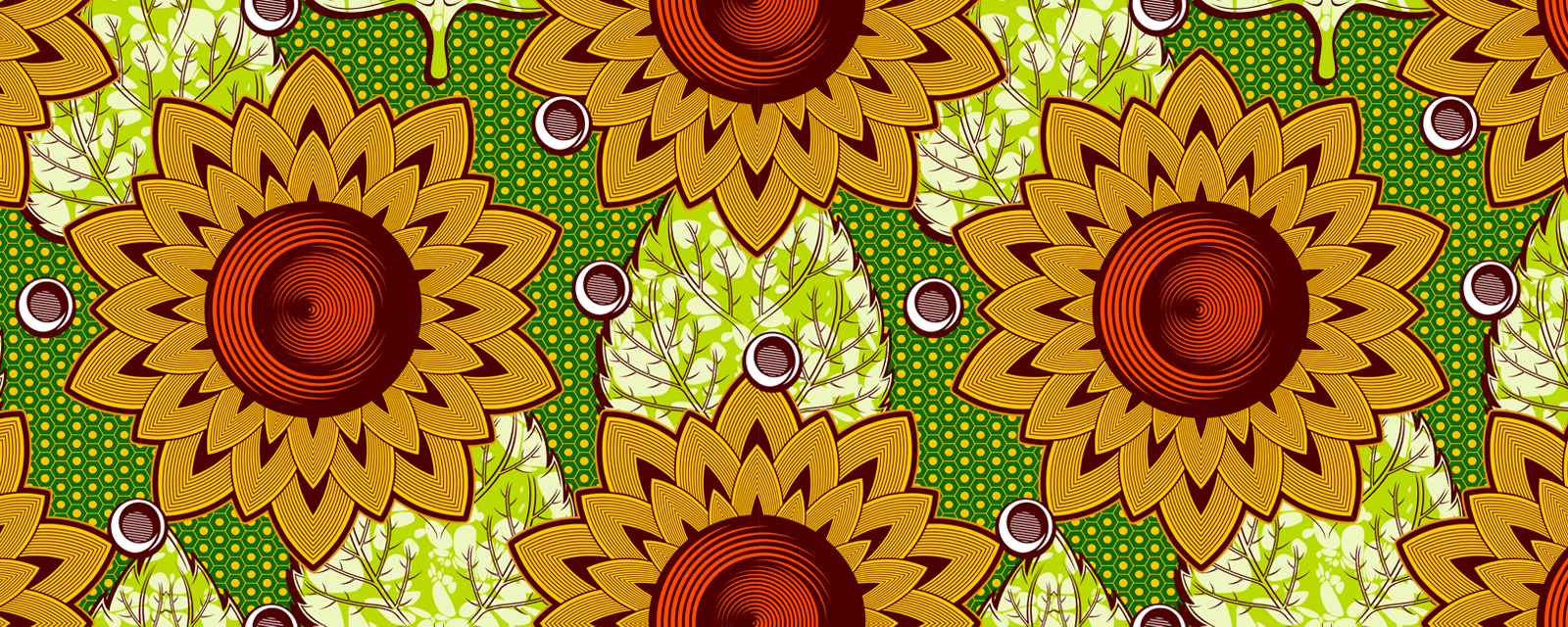The islands of the Zanzibar Archipelago have been called the “Spice Islands” by traders due to the cloves, nutmeg, cinnamon, and black pepper that flourish there. Beekeeping has been encouraged in recent decades as the honey takes on the complex flavor of the mangrove, fruit, and spice trees that Zanzibar is famed for.
Most bees produce honey from the sugary secretions of plants (floral nectar), but there are some bees that feed on decaying animal flesh, such as monkey carcasses. They produce a honey-like substance which is not derived from nectar, but rather from protein-rich secretions of the bees’ hypopharyngeal glands. This honey-resembling substance described as having an intense, smokey, and salty, or uniquely sweet flavour. This may have led to the Swahili proverb “Huyui kilacho nyuki, asali hungeiramba” — “You do not know what the bees eat. If you did, you would not lick up the honey”.(1)
In the following song by taarab singers Siti Muharam and Mohamed Issa Matona of Zanzibar, the artists playfully describe their shock and revulsion at discovering that some honey is made in this way. The lyrics contrast how the rotten, putrefying carcasses of monkeys can be transformed into a delightful delicacy that humans will fight over.
The word taarab comes from the Arabic ṭarab, meaning ‘joy, pleasure, delight, rapture, amusement, entertainment, music’. Perhaps this song is a subtle metaphor for the ways in which taarab poets and musicians transform the unpleasant aspects of their life experiences into something that delights and brings joy to the senses of their listeners.
Bee
Bee, you make me sad
Truth I tell you.
The honey that you produce
It delights us
However, you produce this
From that which has rotted.
Had I known, had I known, had I known
I wouldn’t have eaten it.
I ask the sheikhs as well as the scholars
Please tell, is this permitted?
Lest I kick it, lest I kick it, lest I kick it
And reduce its value.
Bee you go to the forest
To scavage at the carcasses.
Even the carcasses of the monkeys,
Bees will take over
And carry in their mouths
Honey to make.
If you see it in the store, If you see it in the store,
When you go to the store, we humans will fight for it.
Yet there are so many things in this world,
That when they rot become unfit for human consumption.
And there are those illicit spices that come from oversees and are so rare
If you consume them others will condemn you
People will denounce and convict you.
So why does this honey, this honey why, this honey why,
Why do you have this legitimacy?
(Interlude)
The sweetness of honey
Truly is immeasurable
Sweeter than a meal of rice
Or meat from the camel
I salute God for it
and for permitting it.
If you partake, do so in moderation, do so sparingly
Else, it may put you to sleep.
Here are the original Swahili lyrics:
Nyuki
Nyuki wanisikitisha
Ikweli nakueleza.
Asali unalozalisha
Viumbe watupendeza
Kumbe waitayarisha
kwka vitu vilivyo oza.
Ungelinifahmisha, ungelinifahmisha, ungelinifahmisha
Kuila nisingeweza.
Nawauliza mashehe Pamoja na wana zuoni
Asali halali yake naomba mnijulisheni?
Asije ipiga teke, asije ipiga teke, asije ipiga teke
Akaitowa thamani
Nyuki waenda porini
Mizoga kuitunduwa.
Hata mzoga wa nyani
Nyuki wajichukulia
Waja nachumo kinywani
Asali kuitengezea.
Ukiiona dukani, ukiiona dukani, ukiiona dukani
Viumbe twaigombea
Viko vingi duniani
Vikioza ni haramu.
Na vitoke uegnini
Chini viwa hadimu
Ukila uhatiani
Watu wata kushutumu.
Asali kwa nini, asali kwa nini, asali kwa nini
I halali kidawamu.
(Interlude)
Utamu wake asali
Hakika umezidia.
Nitamu kushinda wali
Au nyama ya ngamia
Nakaitunuku jalali
Halali kuitumia.
Ukila ila kwa kikiiri, ukila ila kwa kikiiri, ukila ila kwa kikiiri
Waeza ukasinzia.
by Siti Muharam,
from her debut album, Siti of Unguja,
On the Corner Records (2020)
My thanks to Tashrifa Silayi for help with the translation from Swahili into English
Footnotes
- See “The Life and Works of Muhamadi Kijuma”, (p.135) A PhD Thesis submitted by Mohammad Ibrahim Mohammad Abou Egl at the University of London, December 1983.

